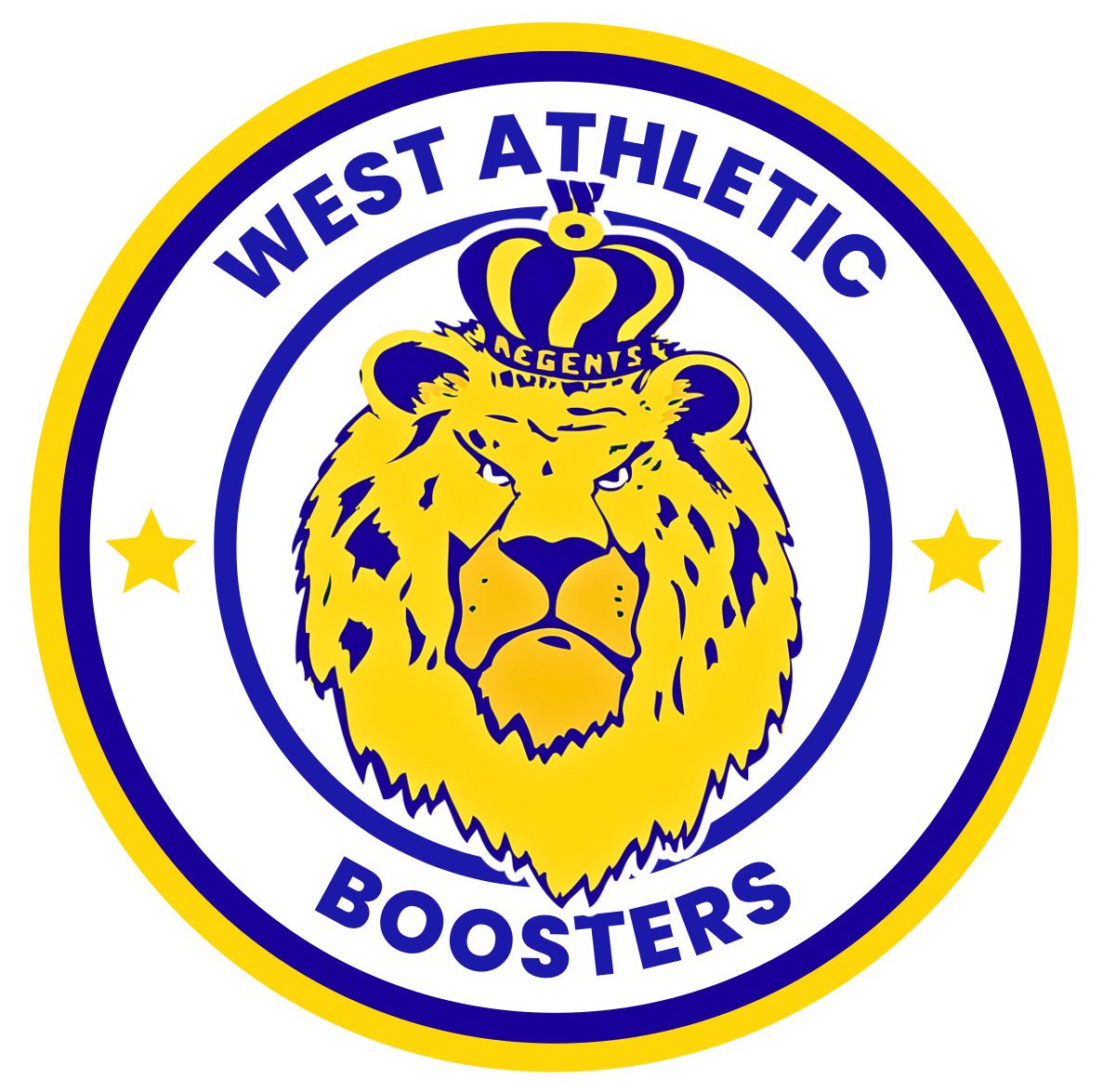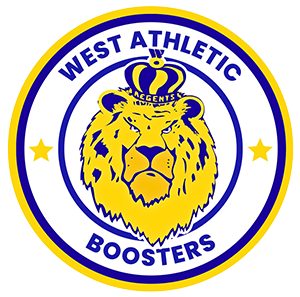Mental Health (and more) Resources
APPS AND TECH SERVICES
Beacon 2.0: Beacon is a portal to online applications (websites, mobile applications and internet support groups) for mental disorders reviewed and rated by health experts.
Headspace – Meditation App – a fantastic app that helps you learn how to meditate. There are 10 free lessons, and it also has a paid version.
Health Talk: This website reflects the lived experience of mental health conditions, including research-based modules with hours of recording and analysis.
Mindfulness for Teens: This website has resources to help teens use mindfulness to handle stress and includes apps to practice meditation and guided mediation recordings.
Mood 247: A text messaging system that provides an easy way to record how you’re feeling and tracks your daily moods to share with friends, family, or a health professional.
Strength of Us: An online community designed to inspire young adults impacted by mental health issues to think positive, stay strong and achieve goals through peer support and resource sharing.
YOUTH FRIENDLY ONLINE RESOURCES
Addiction and Suicide: “Substance abuse greatly increases the risk of suicide, one of the most critical steps in suicide prevention is overcoming any addictions and getting sober”.
Eating Disorder Treatment and Resource Guide: From Online MFT Programs - “Eating disorders are a broad, complex range of mental conditions that cause impairments in one’s physical health due to long-term disturbances in their eating behaviors.”
Flow Theory and Happiness: There are many ways to describe the trance-like focus an athlete or an artist goes into during competition: fierce focus, in the zone, locked in, obsessed, complete immersion. This highly focused mental state is what Hungarian-American psychologist Mihaly Csikszentmihalyi calls “flow.”
Go Ask Alice!: Geared at young adults, this question and answer website contains a large database of questions about a variety of concerns surrounding emotional health.
Girls Health.Gov: The "Your Feelings" section of this website offers guidance to teenage girls on recognizing a mental health problem, getting help, and talking to parents.
How to Tell if Social Media Is Harming Your Mental Health: Depending on the circumstances, social media can have a positive, negative or neutral impact on mental health.
Jed Foundation: Promoting emotional health and prevent suicide among college students, this website provides an online resource center, ULifeline, a public dialogue forum, Half of Us, and Transition Year, resources and tools to help students transition to college.
LGBTQ+ Young Adults and Teen Mental Health: Coming of age is hard under practically all circumstances; coming of age and identifying as LGBTQ+ can be even more difficult. Includes information on how to be an ally because the “health, safety, and quality of life for LGBTQ+ young adults can be greatly improved and enriched by the people with whom they interact every day.”
Kelty Mental Health Resource Center: Reference sheets are provided that list top websites, books, videos, toolkits and support for mental health disorders.
Pronouns - What are personal pronouns and why do they matter: “Using someone’s correct personal pronouns is a way to respect them and create an inclusive environment…”
Reach Out: This website provides information on specific mental health disorders, as well as resources to help teens make safe plans when feeling suicidal, and helpful tips on how to relax.
Rehab Spot - Understanding Addiction And Treatment Of Opioids: Although there is a medical purpose for opioids, they have a very high risk for addiction.
Resources for the Parents of BIPOC Students: The Louisville Addiction Center provides an extensive resource page curated for the parents of BIPOC students. “One of the major challenges faced by BIPOC parents is the lack of access to addiction and mental health services that are culturally sensitive and appropriate.”
Resources for Latinx College Students: Tulip Hill Recovery provides bundant resources for Latinx college students. “We believe that treating the underlying causes of addiction removes the barriers many people face while in recovery.”
Teens Health: Providing a safe place for teens who need honest and accurate information, this website provides resources on mental health issues.
Teen Substance Abuse Support: Teen Substance Abuse Trends, Risks, And Prevention.
Center for Young Women’s Health and Young Men’s Health: These websites provides a series of guides on emotional health, including on test anxiety, depression, bullying, and eating disorders.
MENTAL HEALTH RESOURCES / INSTITUTES
American Academy of Child and Adolescent Psychiatry: This resource center includes videos, ways to get help, and advocacy campaigns.
Coping with Anxiety and Depression - Resources for Students: Recommended Websites: A comprehensive list of websites for those experiencing high levels of anxiety. These range from calming sites and breathing regulation to sites designed to teach you more about decreasing your anxiety, and increasing your level of happiness.
Detox Local - An excellent resource that features abundant information including mental health and substance use resources specifically for the AAPI (American Asian and Pacific Islander) community.
Foods to Improve Mental Health - What foods have the most effect on our moods? What if a person has a mood disorder, depression, or anxiety? Can a healthier diet result in less psychological distress?
Live Another Day - Extensive information on mental health and substance use resources for the BIPOC (Black, Indigenous, and People of Color) community. Their mission is equal access to life-saving resources.
Mental Health Resources Guide: Understanding your own mental health and recognizing any mental health problems you may be experiencing are crucial to maintaining your well-being.
MyVision.org - Link between mental health and your vision.
National Alliance on Mental Health: Find resources for youth, including information on managing your mental health in college and making friends.
National Institute of Mental Health: This website provides easy-to read guides and brochures to help better understand a variety of mental health disorders.
Physical, Mental, and Skin Health for Teens and Kids: Everything you do can affect your health and happiness, so it’s important to take good care of yourself.
The Relationship Between Mental Health and Opioid Use Disorders: How to spot the signs of comorbid disorders and what to do when someone has both an OUD (Opioid Use Disorder) and a mental health diagnosis
Substance Abuse and Mental Health Services Administration: SAMHSA provides information on mental health services and treatment centers through a service locator.
Teen Mental Health: Geared towards teenagers, this website provides learning tools on a variety of mental illnesses, videos, and resources for friends.
Teen Mental Health – A Guide for Parents: Common mental health problems for teens, and what parents can do to help.
MENTAL HEALTH MEDICATION GUIDES
Head Meds: This website gives young people focused information about the most common medicines prescribed for mental health conditions.
Making Healthy Choices: This guide provides information for youth in foster care related to making decisions about their mental health, treatment options, and the use of psychotropic medications.
HELPLINES
Campaign Against Living Miserably (CALM): UK residents call 0800-58-58-58
Crisis Text Line: Text “START” to 741-741
Love is Respect: text “LOVEIS” to 22522, or call 1-866-331-9474 to talk with a peer advocate to prevent and end abusive relationships
National Eating Disorder Association: call 1-800-931-2237
National Suicide Prevention Lifeline : call 1-800-273-TALK (8255)
ADVOCACY / PARENT SUPPORT
Active Minds: The leading nonprofit that empowers college students to speak openly about mental health, Active Minds aims to educate others and encourage help-seeking.
Addiction Resources for Parents: Is your child struggling with addiction? Adolescents who use drugs might not become addicted in adulthood, but they can damage their health mentally, physically and emotionally during their childhoods.
Gay, Lesbian & Straight Education Network: GLSEN is the leading national education organization focused on ensuring safe schools for all students. This website provides resources on finding GSA Chapters, and tools on how to establish or re-establish a GSA.
StopBullying.Gov: This website offers resources specifically for teens to prevent bullying in their schools and communities and provides resources for those being bullied.
Support for overcoming substance misuse: Hear others’ stories and learn about problems with drugs and alcohol.
Teens Against Bullying: Created by and for teens, this website is a place for middle and high school students to find ways to address bullying, take action, be heard, and own an important social cause.
Time to Change: As England’s biggest program to challenge mental health stigma and discrimination, this advocacy website provides ways to join the campaign and get others involved.
What to know about binge drinking: If a person makes this a habit, this pattern of abuse can eventually result in a serious addiction.
Youth Resource: Created by and for LGBTQ young people, this website provides information and resources on self-harm and suicide, personal stories and accounts, and useful hotlines.

